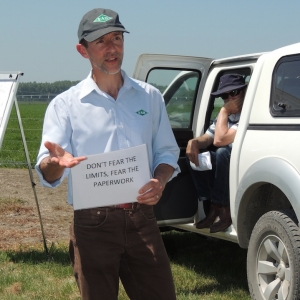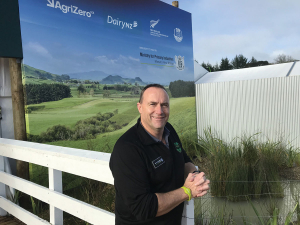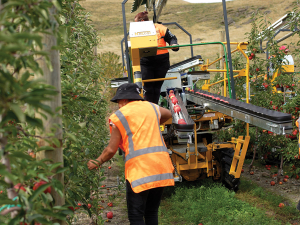That was one of three "slightly controversial" points Roger Williams of the Foundation of Arable Research presented to growers at FAR's South Canterbury and North Otago trials hub field day.
Compared to dairy farms, cropping systems are hugely complex and data intensive and, as some at the field day confirmed, inputting data into Overseer as required by regional plans can take days.
And that's assuming they have all the records for nutrient inputs to hand, added Williams.
"Probably the take home message is that if you've not already got good, robust records, particularly for nutrient use on farm, get them sorted out."
But for all that, Overseer is "the only tool we've got" and a "pretty good starting point" for managing nutrient inputs and outputs, he argued.
"It's actually a pretty clever bit of software.... If we systematically undermine the credibility of Overseer as a tool we could never use I think we could find ourselves in a bad spot pretty quickly."
Another of Williams' points was that in practice, input and output limits amount to much the same thing. Why? Because nutrient losses, ie outputs, can't be measured in practice on farm, meaning the industry has to rely on modelling to predict the losses based on the inputs.
FAR has been working hard to debunk "a bizarre mythology among regional council that cropping systems are leaky systems," Williams said.
In practice, growers closely match nutrient inputs to crop off-take so the only area where losses rise above proposed limits is where cows are wintered.
"The great thing with cropping is there's not an unfortunate linkage between productivity and losses."

















